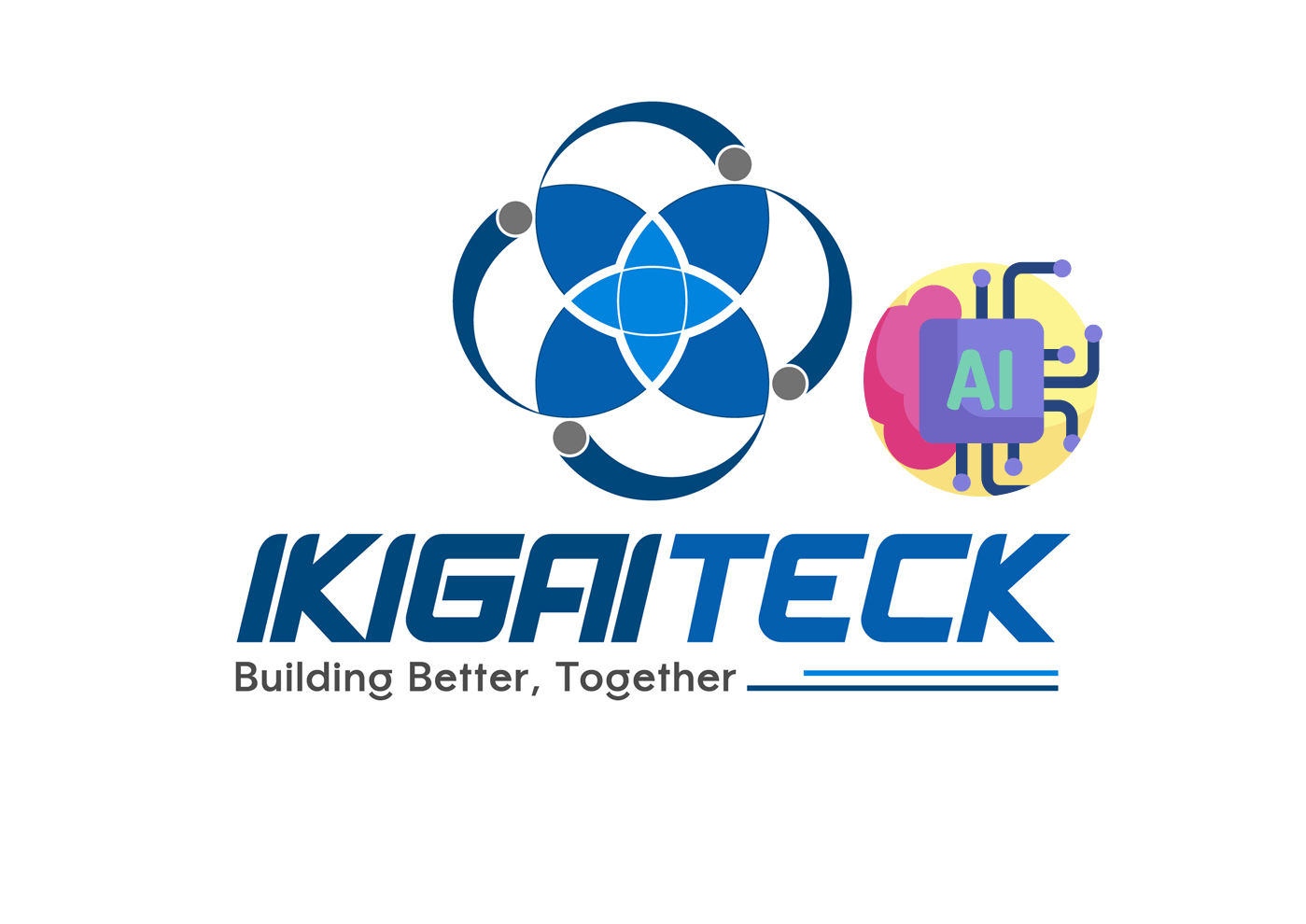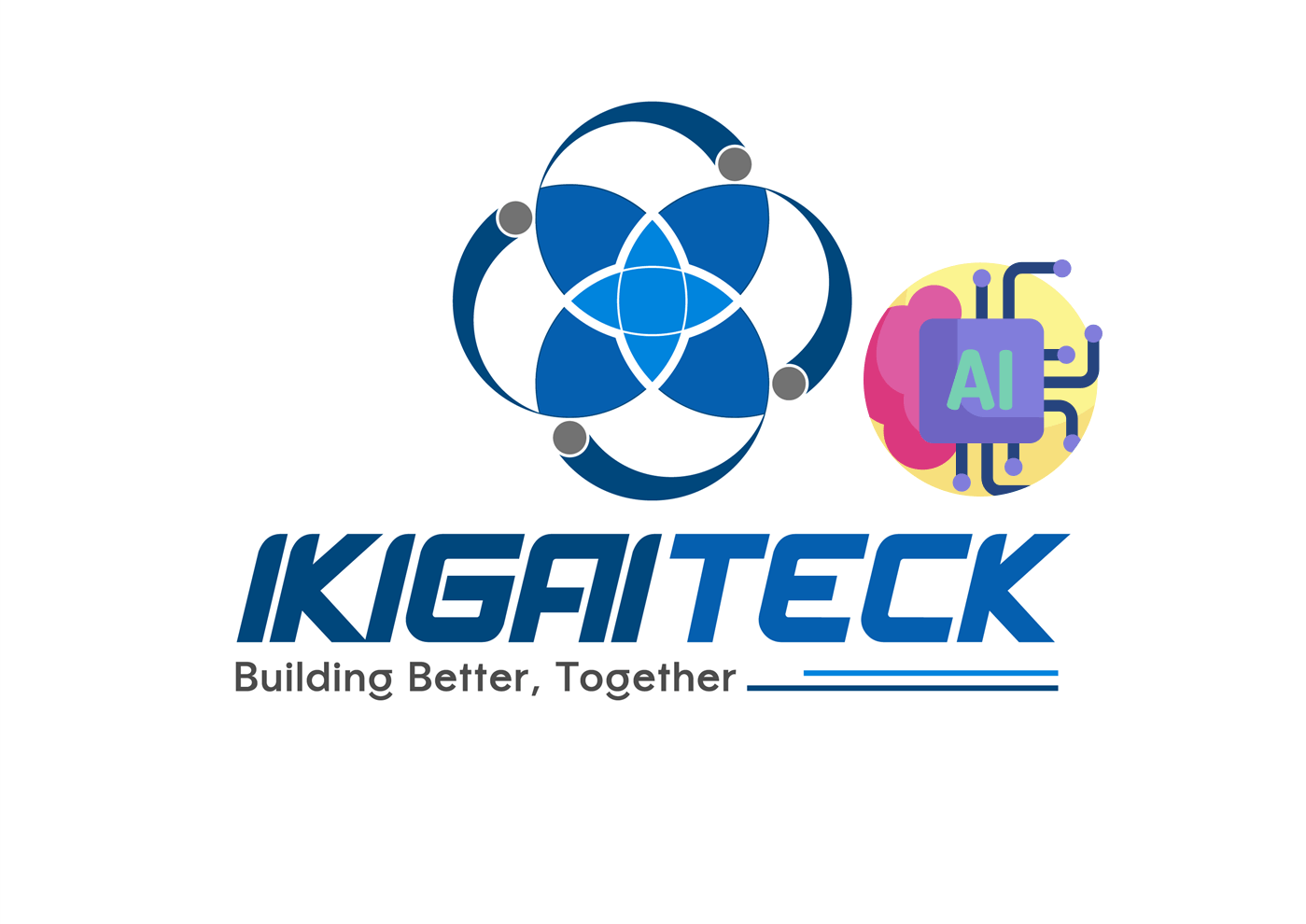How to Choose the Right AI Assistant for Your Businesses
Why Small Businesses Need AI Assistants
Running a small business often means juggling multiple roles at once: managing customers, handling paperwork, planning marketing, and keeping track of schedules. This workload can easily become overwhelming and distract you from focusing on what truly drives growth.

AI assistants provide a way to ease that burden. More than just a tech trend, they automate repetitive tasks, deliver timely insights, and improve both employee and customer experiences. For small businesses with limited resources, AI assistants help save costs while making daily operations smoother.
For example, AI chatbots can answer common questions around the clock, while virtual assistants generate reports, summarize meetings, or draft marketing content. This not only saves time but also ensures consistent quality and service delivery.
Tasks vs. Jobs: Understanding the Difference
A common fear is that AI will replace jobs entirely. In reality, AI is skilled at tasks, not full professions.
Take translation as an example: ChatGPT can translate a paragraph or summarize text, but legal or medical translation requires deep expertise and accountability — something AI cannot fully provide. Similarly, in history research, AI can surface documents, but only humans can ask new questions, interpret artifacts, and provide creative insights.
For small business owners, this distinction matters. AI doesn’t need to replace employees, it simply takes over repetitive, time-consuming work so your team can focus on strategy and customer relationships.
Key Considerations When Choosing an AI Assistant
To select the right AI assistant, start with your own needs:
Identify pain points: Is your customer service team overwhelmed with repeated queries? Does HR spend too much time on paperwork? Are sales reports eating up hours each week?
Language capabilities: Look for strong NLP that understands context, tone, and complex questions.
Integration: The assistant should connect seamlessly with existing systems such as CRM, email, or accounting software.
Security: Ensure the tool has clear data protection and compliance standards, especially for sensitive industries.
Scalability: As your business grows, the AI should adapt without needing a complete system overhaul.
Ease of use: Complicated tools requiring months of training won’t work for lean teams.
Also consider hidden costs like training, integration, and maintenance. Always test demos or free trials and seek feedback from peers in your industry before committing.
Popular AI Assistant Options
Microsoft Copilot
Integrated into Microsoft 365, Copilot is ideal for businesses already using Word, Excel, Outlook, and Teams. It creates reports, suggests edits, summarizes long email threads, and even produces meeting notes with action items. Combined with Power Automate, Copilot also streamlines approvals, HR tasks, and repetitive workflows.

Google Gemini
Gemini is embedded in Google Workspace and works best for businesses that rely on Gmail, Docs, and Sheets. It drafts documents, refines writing, pulls information from multiple sources, and organizes data in Sheets. For small retailers or e-commerce startups, Gemini can analyze customer data, generate personalized campaigns, and improve conversion rates.

IBM Watson Assistant
Watson is trusted in industries like healthcare, finance, and insurance where compliance is critical. It powers smart chatbots, understands natural language, and provides context-aware responses. Watson also integrates with business systems and analyzes customer behavior to improve service over time.

OpenAI ChatGPT
ChatGPT stands out for natural conversation and content creation. Beyond customer support, it helps write marketing copy, create campaigns, and even assist developers with coding. With Custom GPTs, small businesses can design tailored AI for specific workflows such as product FAQs, contract assistance, or sales analysis.

HubSpot AI
HubSpot’s CRM now includes AI features to enhance sales, marketing, and customer service. HubSpot AI can score leads, generate personalized emails, predict customer behavior, and create blog or ad content. It’s an “all-in-one” option for small businesses needing integrated CRM and AI-powered marketing.

Jasper AI
Jasper specializes in marketing content creation. It generates blog posts, social media ads, email campaigns, and video scripts with a customizable tone of voice. It’s a strong choice for agencies, startups, or online shops producing content at scale without large marketing teams.
Zendesk AI
Zendesk has long been a leader in customer support, and its AI features now help automatically classify tickets, suggest replies, and reduce handling time. Small e-commerce businesses or service providers can use Zendesk AI to improve support efficiency while maintaining consistent quality.
Otter AI
Otter focuses on meeting productivity. It records, transcribes, and summarizes meetings while highlighting action items. For small startups where every team member attends multiple meetings, Otter ensures nothing important gets lost.
Other Useful Tools
Beyond the main players, smaller businesses can benefit from these tools:
Notion AI: for managing tasks, notes, and internal knowledge bases.
GrammarlyGO: for polished, professional communication across emails and documents.
Copy.ai: for quick ad copy, slogans, and product descriptions.
Fireflies.ai: for recording and analyzing online meetings (Zoom, Teams, Google Meet).
Tidio AI: an e-commerce chatbot that answers FAQs, suggests products, and assists with orders in real time.
The right combination of these tools depends on your specific needs: marketing, sales, customer service, or internal operations.
Categorizing AI Assistants by Business Needs
To make selection easier, here’s a breakdown by use case:
Marketing & Content: Jasper AI, Copy.ai, GrammarlyGO, HubSpot AI.
Customer Service (CS): Zendesk AI, IBM Watson Assistant, Tidio AI, ChatGPT (Custom GPTs).
Work & Team Management: Microsoft Copilot, Google Gemini, Notion AI, Otter AI, Fireflies.ai.
E-commerce: Tidio AI, HubSpot AI, ChatGPT (integrated with sales channels), Zendesk AI.
This categorization helps small businesses focus on what matters most without being overwhelmed by the sheer number of options.
Practical Tips for Small Businesses
Start small instead of trying to overhaul everything at once. For example, deploy a chatbot to reduce customer service wait times, or use Otter to automate meeting notes. Once the team gets comfortable, expand into sales automation, HR, or marketing campaigns.
Remember, AI works best when paired with human oversight. Treat it as a partner that handles the heavy lifting, not as a replacement for creativity and judgment.
Conclusion
Choosing the right AI assistant isn’t about chasing trends. It’s a strategic decision that directly affects the future of your business. For small businesses, the right tool can boost productivity, customer satisfaction, and long-term competitiveness.
Whether it’s Microsoft Copilot, Google Gemini, IBM Watson, ChatGPT, HubSpot, or niche tools like Jasper, Zendesk, Otter, Notion, or Tidio, the key is to start from your real business needs and resources.
AI in business is still evolving. With a thoughtful, step-by-step approach, small businesses can turn AI into a powerful ally that drives growth rather than a threat to jobs.
(Some links on our site may be affiliate, meaning we may earn a small commission at no extra cost to you.)
Subscribe now !
Be the first to explore smart tech ideas, AI trends, and practical tools – all sent straight to your inbox from IkigaiTeck Hub
IkigaiTeck.io is an independent tech publication sharing practical insights on AI, automation, and digital tools.


